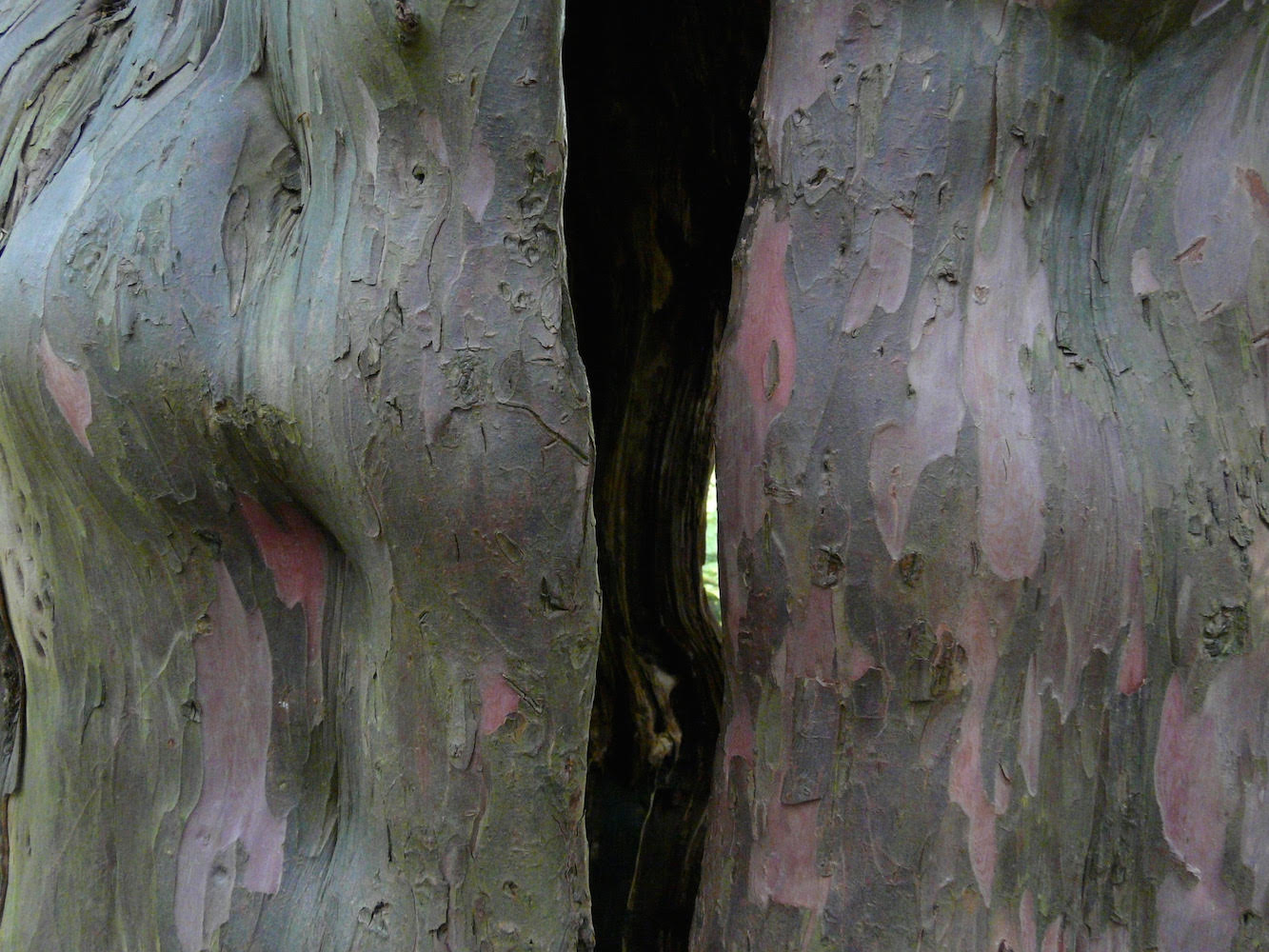Imaginings
stories, creative nonfiction, poetry, and other imaginative accounts of the natural world
-
Capturing the Environment

“Visualizing the Environment: Environmental Photography Workshop” By Sasha L. Gora This very blog is framed around the idea of seeing the woods, but what about photographing the woods? The common expression,“Can’t see the wood (or forest) for the trees,” communicates the sense of not being able to visualize the big picture. One is simply too
-
ProEnviron Presents…
Workshop: Envisioning Environments—Visual Media for the Environmental Humanities By Arun Adhikari, Maximilian Feichtner, and Fabian Zimmer “And action!” Katie Ritson, the master of ceremonies for the evening, claps her hands. Gradually, people unglue from the buffet, where they have been busy chatting and grabbing drinks and snacks, and they move to the conference room to find
-
The History of Munich and Its Loam
€žOhne den Lehm daat’s München net geb€˜n!“ This post by Julia Schneider, a student of the RCC-LMU Environmental Studies Certificate Program, stems from her research conducted as part of the exhibition project “Ecopolis: Understanding and Imagining Munich’s Environments.” Thinking about houses and buildings made out of clay bricks, it is often cities like those in northern Italy
-
Student Research: Environmental (In)justice – The Case of Chevron-Texaco in Ecuador
By Camila Cabrera Ecuador, a small country located on the equator, bounded by the Pacific Ocean to the west, traversed by the Andes mountain range, and covered by part of the Amazon rainforest in the east, is one of the most biodiverse countries in the world. Nevertheless, as Nathalie Cely, the former Ecuadorian ambassador to
-
Student Research: Pollinators – The New Buzzword?
“Pollinator Declines: Impacts on Biodiversity and Agriculture” By Stephanye Zarama-Alvarado Think of the evolution of life. Imagine how diverse species have blossomed since Precambrian times and how they fit together to create a delicate ecological balance on our planet. Though hominids have been in the natural world for millions of years, modern humans only began to evolve
-
Student Research: Permaculture – Alternative Agriculture, part 4
Last year, students of the RCC Environmental Studies Certificate Program had the opportunity to attend a three-day workshop with Jochen Koller, Diploma Permaculture-Designer and Director of the Forschungsinstitut für Permakultur und Transition (FIPT). Students gained an insight into the ethics and design principles of permaculture, the diverse spheres of activity, and the practical possibilities. In this short
-
Student Research: Permaculture – Alternative Agriculture, part 2
Last year, students of the RCC Environmental Studies Certificate Program had the opportunity to attend a three-day workshop with Jochen Koller, Diploma Permaculture-Designer and Director of the Forschungsinstitut für Permakultur und Transition (FIPT). Students gained an insight into the ethics and design principles of permaculture, the diverse spheres of activity, and the practical possibilities. In this short
-
Student Research: Permaculture – Alternative Agriculture, part 1
Last year, students of the RCC Environmental Studies Certificate Program had the opportunity to attend a three-day workshop with Jochen Koller, Diploma Permaculture-Designer and Director of the Forschungsinstitut für Permakultur und Transition (FIPT). Students gained an insight into the ethics and design principles of permaculture, the diverse spheres of activity, and the practical possibilities. In this short
-
Student Research: Why the Past (Really) Matters
By Yolanda Lopez-Maldonado Concern has grown in recent years over how our actions have transformed the natural world. This worry has prompted a deluge of news stories about environmental crises and their impact on global societies, such as climate change, food and water security, resource degradation, loss of biodiversity, and rising costs of resource management.